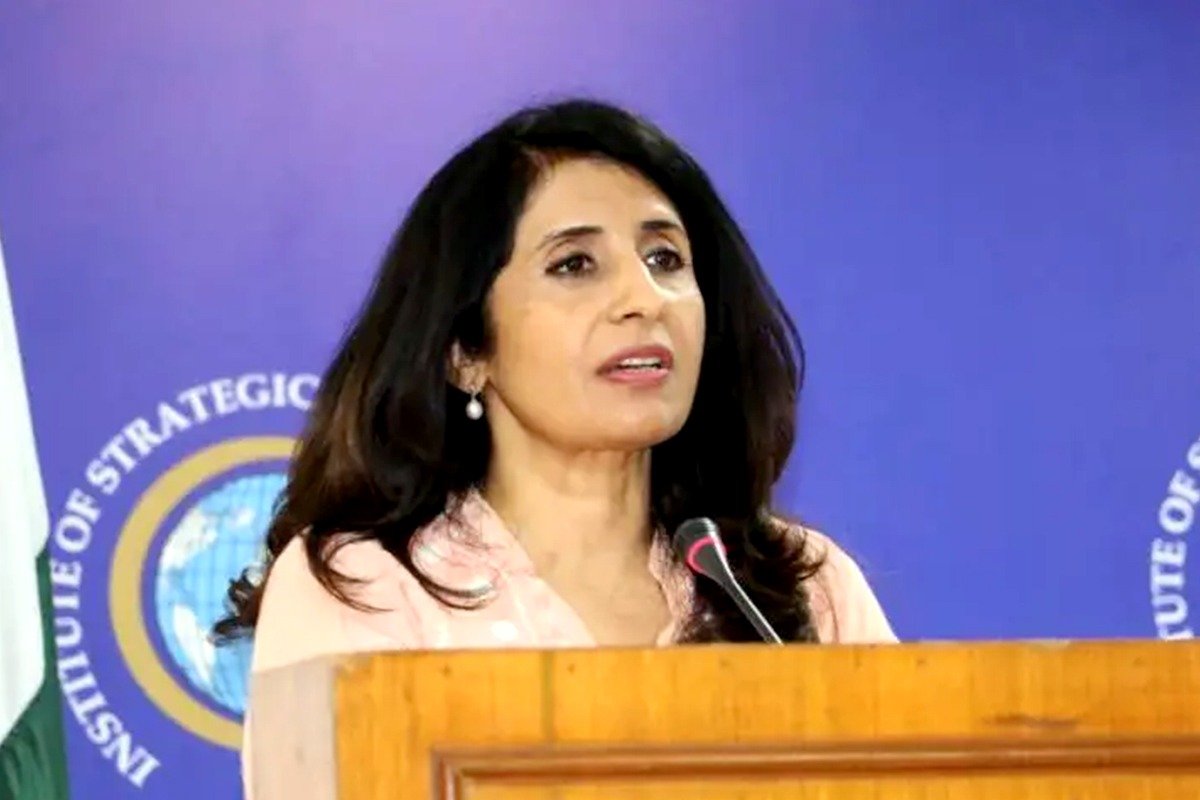DUBAI: School closures and office shutdowns swept across the United Arab Emirates on Thursday as the country faced another bout of heavy rains, just two weeks after experiencing record downpours that experts attribute to climate change.
Overnight, a lightning storm accompanied by high winds lashed the oil-rich monarchy, leading to more than 50 millimetres (two inches) of rainfall in some areas by 8:00 am, as reported by the National Centre of Meteorology.
In Dubai, a major financial hub, flooding occurred in various parts of the city, prompting the cancellation of 13 flights and diversion of five others at the world’s busiest airport for international passenger traffic. Both state-owned Emirates and flydubai airlines cautioned travelers about potential delays, while schools transitioned to remote learning and public-sector offices shuttered their doors.
Read More: China highway collapse claims 48 lives, toll continues to rise
Despite the disruptions, Thursday’s rains were not as severe as those on April 16, when a record-breaking 259.5 mm of rain claimed four lives, paralysed major roads, and led to the cancellation of over 2,000 flights.
With traffic notably sparse on Dubai’s typically bustling highways and reports of abandoned vehicles on flooded roads near the Ibn Battuta mall, authorities deployed water-pumping trucks in several inundated areas. The inadequacy of Dubai’s drainage system to handle substantial rainfall has been a recurring issue during such weather events.
The April deluge, which also inflicted casualties in neighbouring Oman, marked the UAE’s heaviest rainfall since record-keeping began in 1949. According to World Weather Attribution, a network of scientists studying the impact of climate change on extreme weather phenomena, the unprecedented rainfall was “most likely” exacerbated by global warming resulting from the combustion of fossil fuels.












